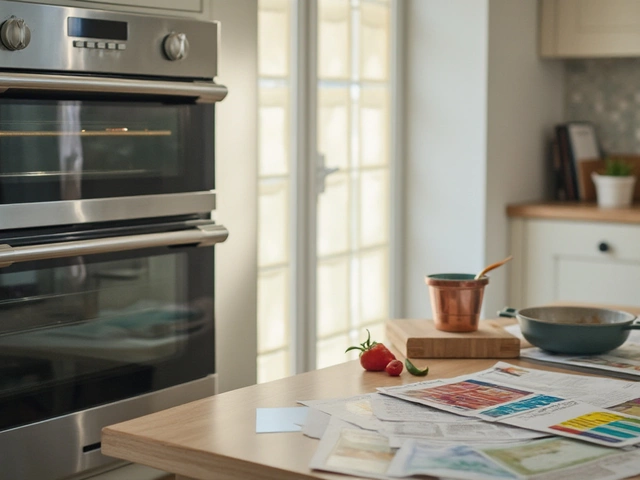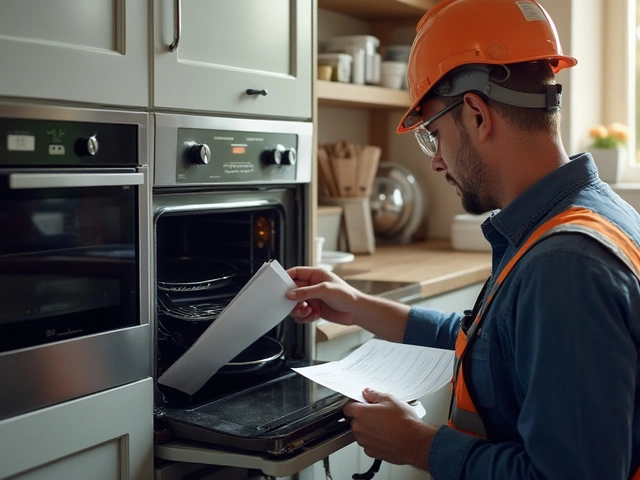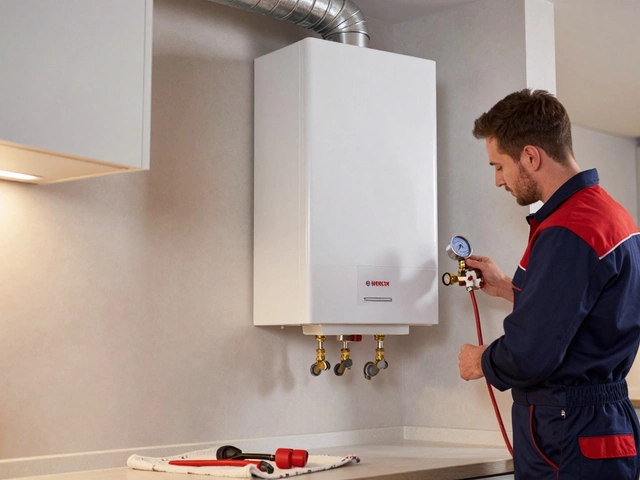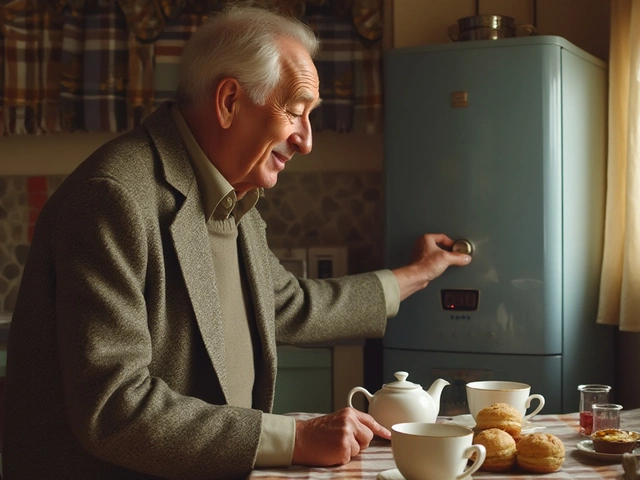Bang! The pipes grunt. The radiators go ice-cold. Your shower sputters, coughs, and dies. It’s mid-January, you’ve just wrestled Callum out of muddy football boots, Tamsin’s doing her best popsicle impression, and you realise – your boiler’s kaput. How long can any sane person stick it out like this?
What Happens When Your Boiler Breaks?
Broken boiler, broken spirit. It’s not just about shivering through dinners and hugging the dog for warmth. When a boiler gives up, you lose central heating, hot water for showers, baths, and that sink full of dirty dishes that’s quietly plotting to take over the kitchen. If you’re lucky and it’s summer, you’ll mostly miss hot showers. But in winter? Trust me: you really feel it everywhere. Most folks try to keep calm and carry on, but even a supposedly ‘minor’ boiler fault (like low pressure, a pilot light out, or intermittent hot water) adds up quickly.
The average UK boiler runs at 1 to 1.5 bar pressure. Lose pressure, and the safety lock-out means you’re left scrambling for the manual—if you can even find it, and if it’s not in a language of ancient runes. A total breakdown means you’ll hear nothing but silence from your radiators. That’s usually when kids start to grumble, partners mutter, and everyone heads to bed wearing their thickest socks and hoodies. Even small issues like leaks or weird noises can turn into a major fail. The moment your boiler stops, the house temperature begins to drop. Most British homes lose about 2°C per hour on a typical cold night without heating. So, that toastiness you take for granted? Gone in a matter of hours.
Here’s the thing: if you live in an older house, heat escapes faster. Victorian terraces? Draft magnets. Modern flats? You might have a little more time to bundle up. Either way, once the inside temperature hits 16°C or below, the risk for older adults, young kids, or anyone with health conditions rises. If you’re thinking, “It’s only a day, right?” – well, it adds up. Four days, seven days, more – trust me, that’s no kind of life.
How Long Can You Realistically Cope?
So, how long can you be left in the cold? There’s no magic number, but there are some hard truths. Research from Shelter UK and Age UK both suggest that once indoor temps drop under 16°C, vulnerable groups start to feel ill effects. Below 13°C, the NHS flags increasing risk of chest infections, hypothermia, and other cold-related health issues. If you’ve got small kids like mine, you’ll see the grumpy moods hit fast. Babies and toddlers get cold a lot quicker than adults, and they can’t always tell you.
For healthy adults (with lots of jumper options), going without heating for up to three days is rubbish, but usually bearable – if you prepare. But those with heart, lung, or immune problems shouldn’t risk it. Hot water’s a similar story. NHS hygiene guidelines say you need at least regular warm washes, so no hot water becomes an urgent fix pretty quick, especially with muddy footballers getting into everything.
Notably, there’s no UK law putting an exact number of days you have to cope – but if you’re renting, your landlord must act ‘within a reasonable time’. That means 24 hours for emergencies (no heating or hot water in winter counts) according to the Housing Health and Safety Rating System. So if you’re a tenant, don’t wait for frostbite: report it quick and keep chasing.
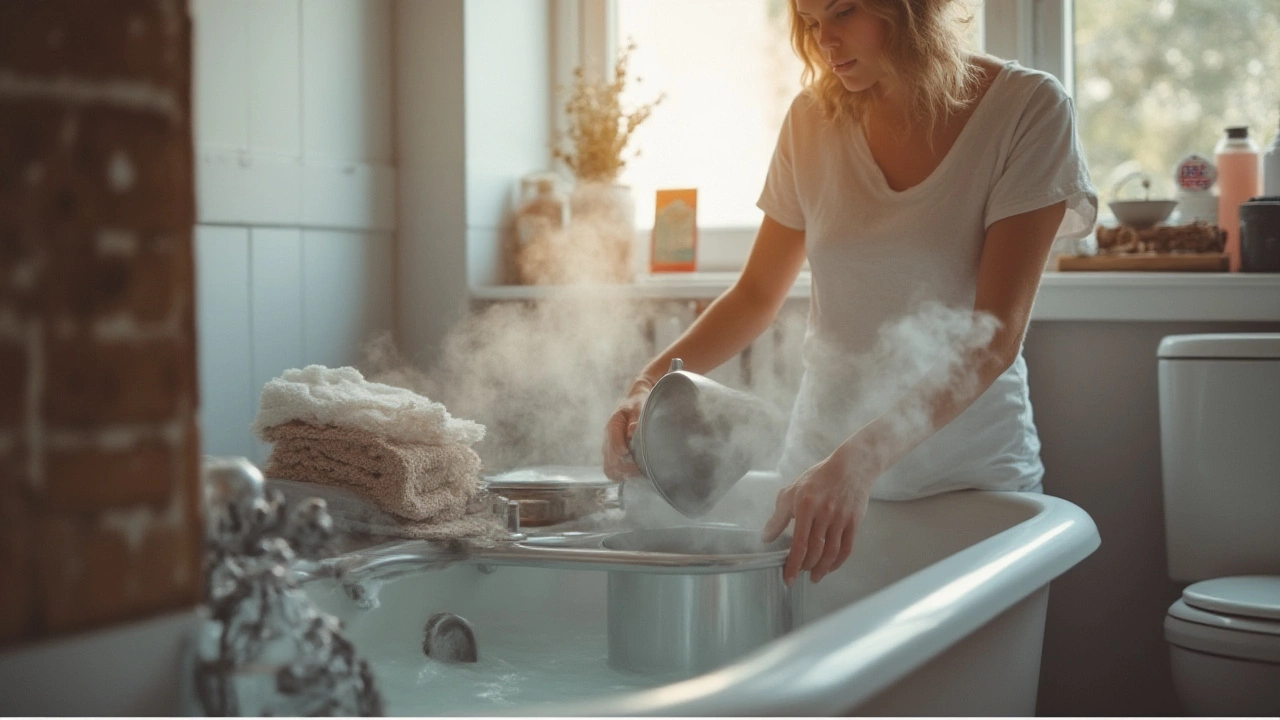
Can You Claim for a Broken Boiler?
If you own your home, it’s down to you (and your wallet). Home insurance policies often exclude boiler breakdown unless you’ve bolt-on extra cover. Boiler maintenance plans might pay out, but those often come with small print: annual services up to date, no pre-existing issues, etc. Don’t expect random policies to rescue you. Most of the time, repair costs run £100-£300 for a fix, but whole boiler replacements soar past £2,000, which is the kind of number that makes anyone sweat.
If you’re renting, as above, your landlord should sort it. But you can’t just move out and book a hotel, unless the property is ‘uninhabitable’ – a word that means different things to different councils. Cold-weather rules do kick in for temporary heating, so ask for an electric heater if you’re shivering. Social housing tenants, though, can often access priority repairs and emergency backup.
- If your home becomes unsafe or your health is threatened, ring the council or a doctor for urgent support.
- Some energy suppliers run hardship schemes for pensions or families with babies – worth asking if you’re desperate.
- Document everything: broken boiler, emails to your landlord, all attempts at repairs. If you need to claim compensation later, proof helps.
Sometimes, a broken boiler is just bad luck. But if it’s down to dodgy workmanship or old equipment that’s past its use-by date, you could have a case for a hefty replacement – just prepare to wrangle with customer service teams for a while.
Staying Safe and Sane Without a Boiler
It’s not fun, but you don’t have to turn full caveman. Start by trapping as much heat as possible. Forget those airy Instagram open-plan living spaces: shut every door. Pop towels at the bottom of gaps, cover windows with blankets at night, and huddle in one room after sunset. Leave the oven door open after baking (but never as a heater!), and microwave hot water bottles or rice heat packs for everyone before bed.
- Layer up: Vests, wool jumpers, double socks. Even inside. Get over pride for a few days – the silly hats help, trust me.
- Portable heaters can help. Oil-filled radiators or fan heaters warm small areas fast, but watch your electricity bill.
- Hand warmers, old-fashioned blankets, and hot drinks all do their bit. Hot chocolate morale boost is real.
- If you’re desperate, it’s safe to use a kettle, pans, or shower water heated on the stove for washing. But be super careful with scalds, especially for little ones.
- Keep an eye on condensation. Too much indoor water vapor can cause mold, so crack a window for five minutes when you can.
I once spent four January days like this, waiting for a boiler part on backorder. The kids thought camping in the front room was brilliant for about a night. After that? The “adventure” wore off fast, and everyone wanted a hot bath, clean hair, and normal routines back. If you know an elderly neighbor living alone, pop by and check they’re coping. Isolation plus cold can be dangerous.
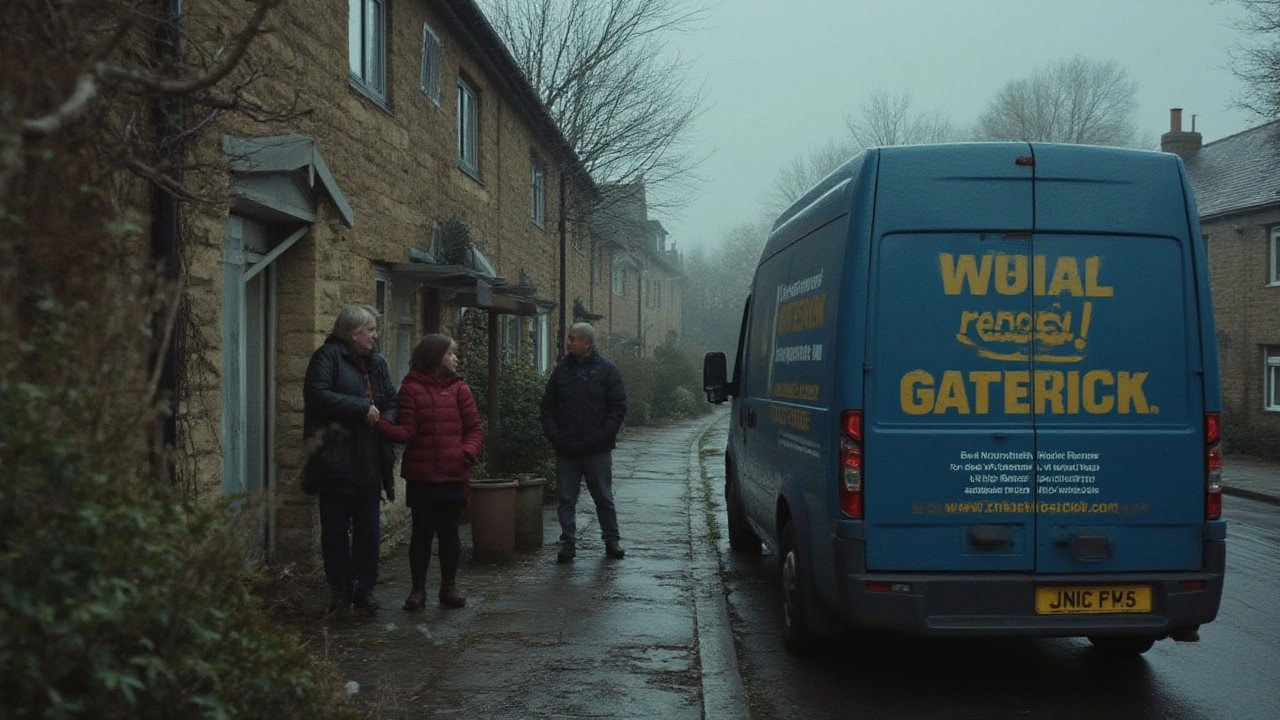
When Should You Call for Emergency Help?
If there’s ever a smell of gas, carbon monoxide alarms going off, water pouring from pipes, or sparks – don’t wait. Call the emergency services or a Gas Safe engineer right away. With carbon monoxide, you won’t smell a thing, but headaches, dizziness, and nausea are big red flags. Every home with a boiler should have a working CO alarm – don’t skip it. These incidents are the exception, not the rule, but they do happen.
For everything else, urgency depends on who you are and the temperature outside. Newborns, frail folks, and those with chest problems? Same day repairs are a must. For everyone else: if you can’t get someone within 48 hours, ring around or try your local authority. There’s help for vulnerable groups, but you often have to be persistent. Councils may provide temporary heaters. Some charities, especially in winter, can help cover costs for essential repairs if you’re strapped for cash.
- Don’t be afraid to lean on friends, family, or neighbors for showers or warmth. It’s what good communities do – and you might have a chance to return the favor one day.
- If you’re staring at a part that’s been on order for a week, ring the repair company for updates every day. The squeaky wheel and all that.
- Keep a small emergency kit tucked away: candles, torches, extension cords, and a couple of plug-in heaters if you can.
This isn’t a challenge anyone chooses, and a busted boiler can ruin more than just your mood. So if it happens, keep calm, stay safe, layer up, and get on the repair hotline fast. Warmth is not a luxury, especially with little ones in the house – it’s a necessity. And when all’s fixed, trust me – you’ll never take that hot shower for granted again.



